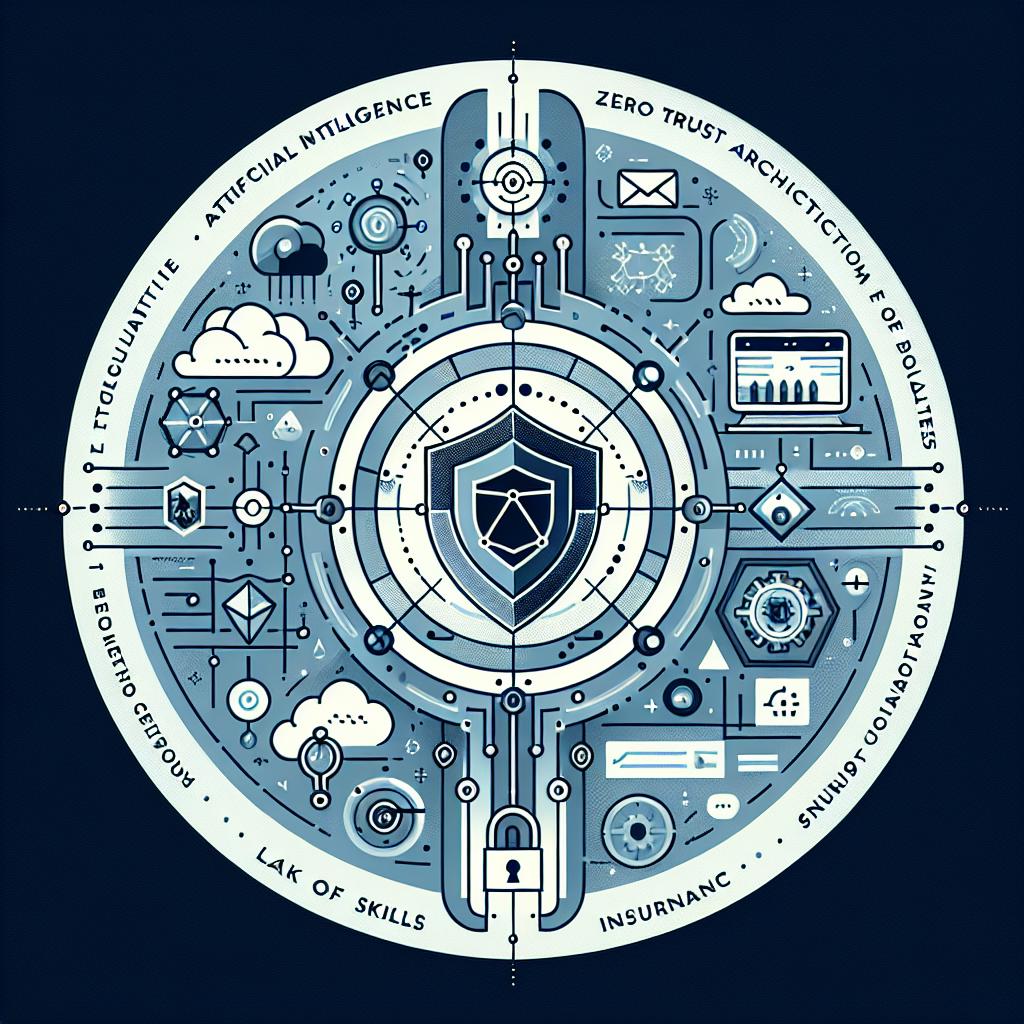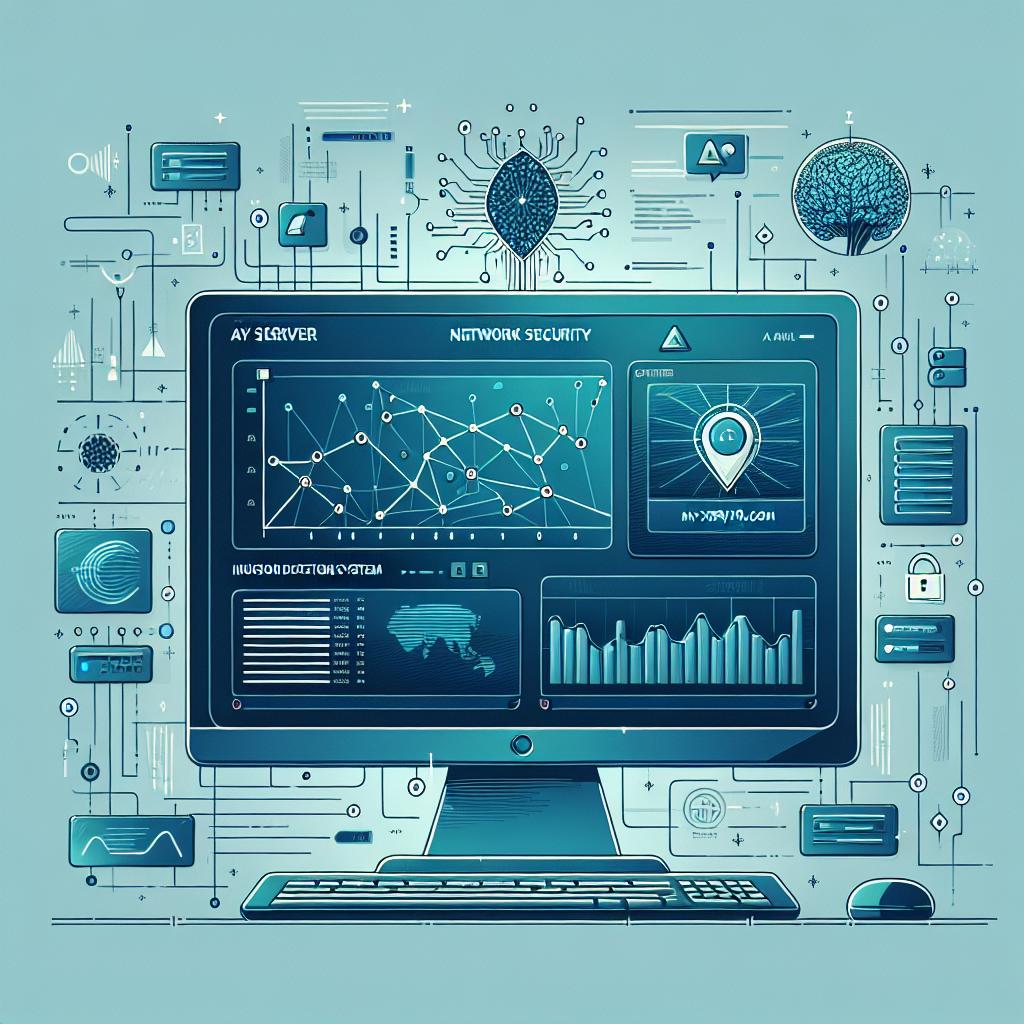In recent years, there has been a growing interest in the role of quantum computing in cybersecurity. This emerging technology promises to revolutionize the field of encryption and make it even more secure than ever before. While there are many opportunities associated with quantum computing for cybersecurity, there are also significant challenges that must be addressed.
One of the biggest benefits of quantum computing is its ability to solve complex mathematical problems much faster than traditional computers. In particular, it can easily break many forms of existing encryption that use public-key cryptography. This is because current systems rely on the difficulty of factoring large numbers into their prime factors, which can take billions or trillions of years using classical computers but only minutes or hours with a powerful enough quantum computer.
To address this issue, researchers have started working on new cryptographic protocols that are specifically designed to resist attacks from quantum computers. These post-quantum cryptography (PQC) methods use alternative mathematical structures and algorithms that would require exponentially more time and resources for a quantum machine to crack them compared to standard encryption schemes.
Another potential application for quantum computing in cybersecurity is in digital signatures. Currently, digital signatures rely on public-key infrastructure (PKI) frameworks where a trusted third party issues certificates verifying an entity's identity and ownership over specific data or transactions. However, these systems suffer from inherent vulnerabilities such as expired or revoked certificates due to key compromise or mismanagement.
Quantum-resistant signature algorithms like hash-based digital signatures could provide a solution by offering better security without relying on PKI infrastructure altogether - they could be used instead for securing communications between devices where PKI trust models no longer apply as data keeps flowing through larger collections at unprecedented scale like IoT ecosystems with millions of nodes communicating instantaneously everywhere around us.
Despite these exciting prospects offered by QC-enabled security solutions thoughwe need remind ourselves some important limitations yet exist both towards practical implementations as well as theoretical guarantees when dealing against adversaries outsmarting our best defenses.
One significant challenge that remains is the development of practical quantum computers. While there has been considerable progress in this area, current quantum machines are still relatively limited in terms of the number of qubits they can process and their error rates. This means that it may be many years before we see a fully functional quantum computer capable of breaking existing encryption.
Another key issue is the high cost associated with building and maintaining quantum computing infrastructure, which will likely limit early adoption to only large organizations or governments with deep pockets. This could create a situation where some entities have access to much more secure communications than others, leading to potential imbalances in power dynamics and increased risk for vulnerable users.
In addition, very little research has been done on the security risks posed by quantum computers themselves - malicious actors may be able to harness these powerful machines to their advantage through new forms of cyberattacks or other nefarious activities like tampering with databases or controlling botnets more efficiently they would otherwise could without resorting solely upon classical devices as aids towards such goals.
Despite these challenges though,the significance of QC-enabled cybersecurity solutions cannot be overstated given increasing dependence on digital technologies amidst ever-growing threats including those from nation-states seeking sensitive IP information or disrupting critical infrastructures thereby posing grave dangers not just for individuals but also societies at large.
In conclusion, while there are significant opportunities for using quantum computing in cybersecurity, there are also substantial challenges that must be addressed. It's clear that even as researchers continue developing post-quantum cryptography methods or hash-based signatures as promising alternatives along different axes towards stronger security guarantees againt constant barrage cyber attacks neither side should rest on their laurels since tomorrow might bring about breakthroughs enabling entirely new classes adversaries heretofore unforeseen hence robust techniques against today's threat models needs iteration too if we're going stay ahead curve curve thus preserving our ability operate safely within increasingly diverse global landscape fraught peril technological disruption and geopolitical tensions alike



